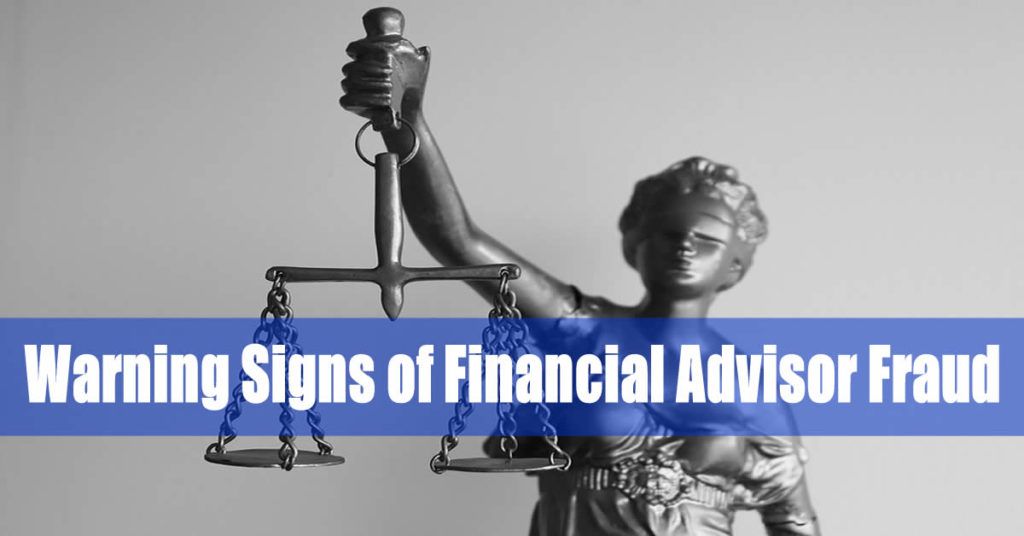The frequency of misconduct by financial advisors varies greatly across the country, but some are more prevalent in certain regions. These professionals may be more likely to deceive their clients than their counterparts in other industries. The study shows that clients are most likely to be misled during their most vulnerable moments. Misconduct was more prevalent in firms catering to retail investors, especially those in low and middle-income groups.
Misconduct by financial advisors
Table of Contents
There have been a number of high-profile scandals surrounding misconduct by financial advisers, but this problem is much more widespread than those that make the news. In fact, about one in 13 financial advisors has a record of misconduct, and it is costing consumers and the industry a lot of money. The average settlement to consumers is approximately $40,000, and the financial industry is estimated to pay out around half a billion dollars each year in settlements. Unfortunately, the rate of misconduct varies drastically by firm. Oppenheimer and First Allied Securities are among the firms with the highest rates of misconduct.
In one study, the incidence of misconduct was highest in Madison County, N.Y., while it was lowest in Franklin, Pa., with 2.6 percent of advisers having a history of misconduct. This study shows a geographic pattern of the frequency of misconduct among advisors: New York’s Madison County has the highest rate, followed by New Jersey and Pennsylvania. Further, misconduct is most prevalent in large elderly or low-income communities.
Another study found that the number of misconduct cases among financial advisors increased when they worked with a coworker with a history of misconduct. This finding was even stronger when researchers took into account the effect of merger-firm fixed effects. Specifically, financial advisors with misconduct histories were 37% more likely to commit misconduct than their new coworkers did. This study did not find evidence of contagion among good-conduct advisors.
Warning signs of fraud
Several warning signs of financial advisor fraud can be spotted easily. If you have ever hired an investment advisor, you’ll want to make sure you’re getting the best advice possible. It’s easy to get suckered into a scam when you’re promised unrealistic returns. Likewise, if you’ve been promised to earn higher returns than what you actually are, you should be wary of a financial advisor who promises to increase your income by churning or making a lot of unnecessary trades to gain a commission.
While many financial advisors are legitimate, some will take advantage of you and transfer your money straight to their own pockets. The best way to protect yourself from these scams is to keep your guard up and ask 10 questions. Financial advisors who suggest you liquidate your entire portfolio or substantial portions of it into an annuity will get a generous commission from selling you the annuity. Those who suggest liquidation are likely trying to rip you off.
Another warning sign of financial advisor fraud is investment offers that are unsolicited. These offers may be in the form of unsolicited phone calls, emails, or investment offers. These are usually scams designed to separate you from your money and leave you with nothing. Be suspicious if an investment offers you a guaranteed return. In most cases, the investment is not legitimate, even though it may sound too good to be true. So if you see any of these signs, you should run away immediately and do your own investigation.
Ways to avoid it
While many financial advisors offer a variety of services, some are known to steal from their clients. One example is the multi-billion dollar Ponzi scheme committed by Bernie Madoff. This scam involved the custodian of client assets, allowing Madoff’s firm to control their funds. The financial advisor can also steal from a client when they give them direct access to their money. Listed below are some of the ways to avoid financial advisor fraud.
Trusting an adviser based on his or her charm is not enough to protect yourself from fraud. Unfortunately, most fraudulent advisors are charming, just like most serial killers. So, before you give your hard-earned money to an unknown person, do some background checks. You can verify their registration by using FINRA’s BrokerCheck or the SEC’s Investment Adviser Search. Fraudulent advisers may have a history of disciplinary, civil, or financial events.
Ask the financial advisor about their background. If there are any red flags in his or her background, it means that he or she may have a criminal history or have been involved in some sort of fraud. Make sure to ask questions about how they work and how they protect their clients’ accounts. Make sure you don’t share your password with anyone but your financial advisor. If you do, you risk losing a significant portion of your savings.


